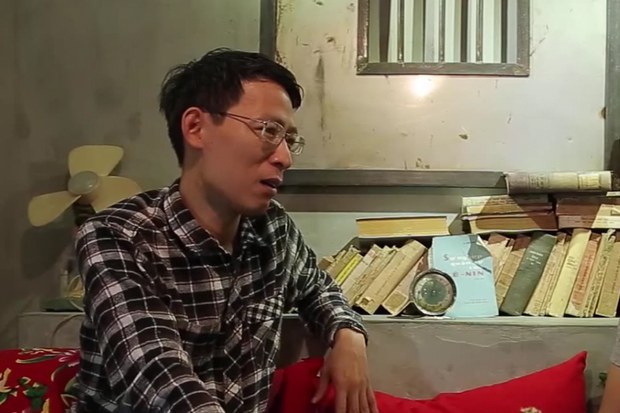Following the conviction today of journalist Nguyen Lan Thang on spurious charges, the ICJ has called on the Vietnamese judiciary to quash the conviction and immediately and unconditionally release him.
The Hanoi’s People’s Court convicted Nguyen Lan Thang on charges of “making, storing, spreading information, materials, items for the purpose of opposing the State of Socialist Republic of Vietnam” under article 117 of the Criminal Code, sentencing him to the term of six years of imprisonment and two years of probation. The charges are based on allegations that he posted videos on Facebook and YouTube which were said to “oppose” the Vietnamese Communist Party.
“The prosecution and conviction is not only a miscarriage of justice against an individual, but yet another attack on an already battered rule of law in Vietnam,” said Ian Seiderman, the ICJ’s Legal and Policy Director. “The ongoing and heightened crackdown has targeted civil society activists, lawyers, journalists, political commentators and human rights defenders for engaging in activities that are protected under human rights law.”
The ICJ considers that Nguyen Lan Thang’s prosecution was based on spurious charges in retaliation for exercising his right to freedom of expression and his legitimate work as a journalist.
After its incorporation into the Criminal Code in 2015, article 117 has been increasingly abused by Vietnamese authorities to curtail free expression and opinions deemed critical of the regime.
His conviction also violated international standards governing the right to a fair trial. According to the 88 Project, Nguyen Lan Thang’s lawyer was notified on 30 March that a “closed trial” would take place at Hanoi’s People’s Court on 12 April 2023, giving them only 13 days to prepare. During the proceeding, which was concluded in less than a day, only Nguyen Lan Thang’s wife and the lawyers were allowed in the courtroom.
“No clear reason has been publicly given as to why the court decided to try Nguyen Lan Thang in a closed-door proceeding,” said Seiderman. “Such a short timeframe provided for consultations with counsel for the preparation of his defence, coupled with the use of a closed door process, are violations of the right to a fair trial under international law.”
The International Covenant on Civil and Political Rights (ICCPR), to which Vietnam is a party, requires States to ensure that accused persons have adequate time and facilities for the preparation of their defence and to communicate with counsel of their own choosing. It also requires States to make criminal trials public, with only narrow exceptions which do not appear applicable in this case. In addition to protecting the right of the accused to a fair trial, public trials are essential for the public to know and understand how justice is administered in the country.
The UN Human Rights Committee, which provides the authoritative interpretation of the ICCPR, has emphasized that “a hearing must be open to the general public, including members of the media, and must not, for instance, be limited to a particular category of persons.”
Background
Journalist Nguyen Lan Thang was arrested on 5 July 2022 and was reportedly held in incommunicado detention for more than seven months, barring meeting with his family members and counsel. He was only permitted to meet his lawyer on 16 February 2023.
In 2022, the UN Human Rights Committee expressed concern in its Concluding Observation on the third periodic report of Viet Nam about the “arbitrary arrest, detention, unfair trials and criminal convictions, including of human right defenders, journalists, bloggers and lawyers, for criticizing State authorities or policies, including online.” The Committee also underlined “allegations of violations of fair trial guarantees for detainees, especially in cases involving human rights defenders, political activists and individuals accused of crimes related to national security, including the denial of the right to legal assistance, access to a lawyer of their choice and a trial within a reasonable time.”
Consequently, the Committee recommended Vietnam to “take all necessary steps, including revising legislation, to end violations of the right to freedom of expression offline and online, and ensure that restrictions do not go beyond the strictly defined limitations set forth in article 19 of the Covenant….” The Committee called on the authorities to ensure to such persons “the right to a fair trial without undue delay, in accordance with article 14 of the Covenant…”.
Pursuant to article 14(1) of the ICCPR, courts may exclude all or part of the public only “for reasons of morals, public order (ordre public) or national security in a democratic society, or when the interest of the private lives of the parties so requires, or to the extent strictly necessary in the opinion of the court in special circumstances where publicity would be prejudicial to the interests of justice.”
Photo: Nguyen Lan Thang in an interview with RFA in 2015. Photo Credit: RFA
Further reading
Dictating the Internet: Curtailing Free Expression and Information Online in Vietnam
Contact
Ian Seiderman, Legal and Policy Director, ICJ, e: ian.seiderman@icj.org





